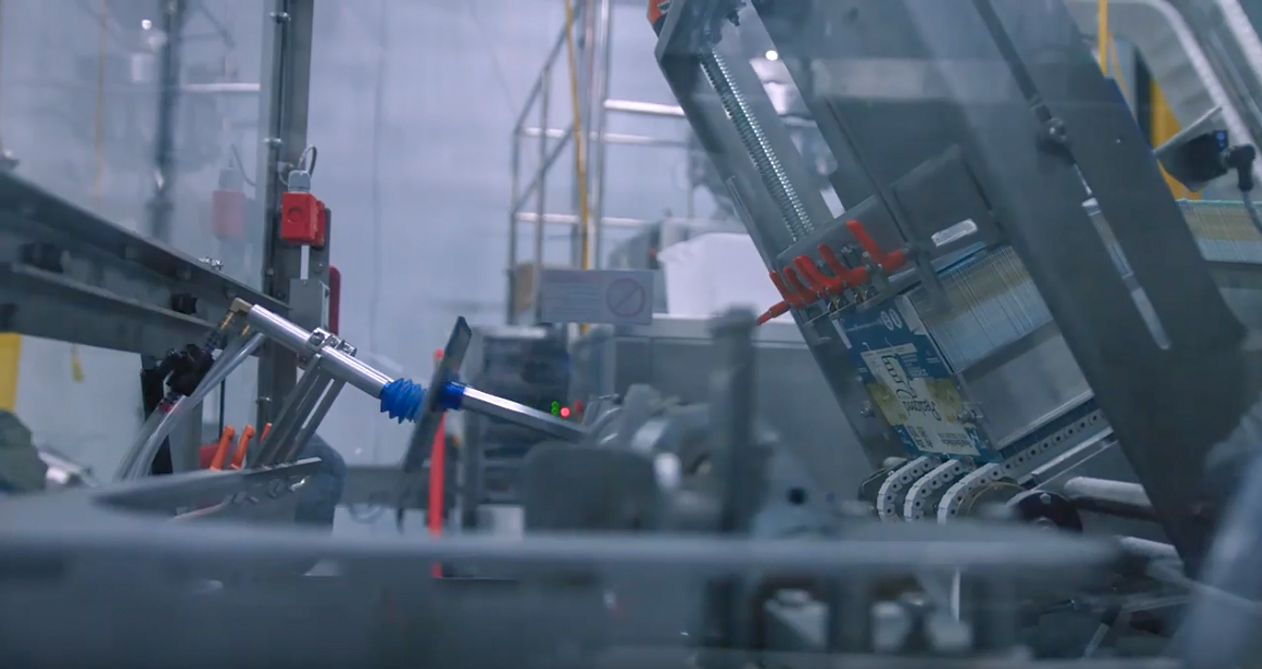Articles & Videos
Challenges Facing Staffing Agencies Today

Staffing agency owners are emerging from the pandemic cautiously optimistic. After the major upheavals of last year, there seems to be signs of the elusive new normal on the horizon.
COVID challenges affected different staffing agencies to different degrees depending on their systems and specialism but all would have felt the impact in one way or another.
Whilst economic uncertainty is not front of mind for three-quarters of North American recruiters going forward and 83% expect temporary placements to increase in 2021, remote working and other challenges will linger.
Remote working here to stay
An increase in remote jobs and working is expected to be one of the permanent features to come out of COVID-19. Even as social distancing disappears, companies now know how to work remotely and for many they also found out just how efficient it could be.
The ideal candidates may demand the option to work remotely which makes it difficult for those employers who don’t want to facilitate it and an advantage for others who now have their pick of candidates unrestricted by location. A bigger pool of candidates means employers and staffing agencies will need to be more creative and rely much more on tech to find them.
Virtual recruitment
Agencies have had to adopt virtual recruitment methods to continue operating and identifying and getting to grips with technologies that help them to streamline this process will be key to attracting candidates and customers. Automation technologies can help with the screening process and organization of workers based on very specific skills and experience and this will assist with efficient workflows. Communicating organizational values to prospective employees also needs careful thought to ensure culturally good matches for successful placements.
Not all agencies were ready for this rapid adoption of virtual recruiting and might need to address the training needs of their own hiring managers who need coaching on digital onboarding and software usage.
Improving client relationships
As demand took a dip, candidates were depleted and finding new clients got more difficult. Agencies had to concentrate on looking after the needs and concerns of current clients whilst staying in touch with those that put a temporary hold on hiring. Nurturing great client relationships has always been important for agency owners, it’s just got harder to retain and maintain clients amidst a changing landscape and increased competition.
Increased competition
If 2020 taught us anything, it was that even in challenging times, entrepreneurs will still find opportunity and the staffing industry is no different. New and existing platforms for connecting employers with temporary job seekers will continue to increase competition for agencies.
Uncertainty fuels interest in temporary work and companies are more reliant on freelancers and contract workers as a non-permanent way to fill gaps. New markets for gig workers are emerging constantly in the e-commerce, personal shopping and event industries as consumer behaviors have changed and new norms and protocols take over.
These opportunities are welcome news, however we’re in a constant state of flux in the temporary job market and agencies will need to be ready to adapt to changes if they want to take advantage. These workers will also have different priorities to others, focusing more on flexible schedules and equal treatment to their permanent counterparts.
Employers seeking more diversity, equity and inclusion in hiring
2020 was a year when social injustice was highlighted and more employers are seeking talented candidates from typically under-represented groups in society. The staffing industry will need to take real strides forward in addressing inequality and inequity in the workforce with more inclusive hiring practices if they want to earn increases in public trust and market share.
Workplace health and safety
Aside from competitive rates, workers need to know their working environment is safe and clean to make them want to return to the workplace. Many employers have implemented strict safety protocols with regards to PPE, temperature-taking and isolation and these measures have to be articulated as part of the virtual hire process. Staffing firms will need to demonstrate added value in this area, helping clients to formulate back-to-work and workplace safety policies.
Hard to fill positions
Although some job roles disappeared overnight, new jobs have been created as a result of the pandemic. There are also skilled jobs that can’t be performed remotely which are likely to be harder to recruit for. Even though unemployment is high, there’s a constantly evolving mis-match between jobs and workers and agencies will need to support candidates in upskilling.
Many candidates will have lost jobs in hospitality for example and have lots of transferable customer service skills but be lacking industry experience for the jobs on offer. Staffing agencies can support these candidates in transitioning by offering training programs to give them the new skills required and demonstrate unique value to prospective clients at the same time.
2021 is a year of opportunity for the industry
Some staffing agencies felt the impact of COVID much more on their businesses; manufacturing was particularly hard hit as they had to deal not only with the downturn but a workforce reluctant to be physically present and the administration and service sector openings dried up completely for a while.
COVID-19 related impacts on the labor market and hiring freezes are starting to ease and the industry’s digital transformation will be a positive change in being able to deliver greater value to clients and candidates alike. Analytics provided by new technologies is also crucial for agencies to get valuable insight on where they’re most profitable, where they need to change course and make improvements and how and when to tighten their belts if we do see a prolonged recession.
The landscape has without doubt changed for the staffing industry, but with new markets and opportunities through the latter part of this year, there’s huge potential for growth if staffing agencies face challenges head on and invest in their future.
Sallyport are always here to discuss your requirements for growth financing or assist with day-to-day costs to help manage a transition.
Search
News
Q1 2025 Funding Highlights
We’ve had a strong start to Q1, not just here in Scotland but across the UK – we’re proud to…
Read MoreQ4 2024 Funding Highlights
With 2024 all wrapped up, we’re proud to share a snapshot of the incredible businesses we’ve had the privilege to…
Read MoreArticles
Apparel Purchase Order Financing – Perfectly Coordinated Funding
The apparel industry has many nuances, cash flow constraints being one of the most significant and challenging. Long delays between…
Read MoreHow Can Staffing Agencies Manage Labor Shortage?
It is becoming increasingly difficult for staffing agencies to meet the demands of clients by finding top talent. Many companies…
Read MoreVideos
What is Factoring?
Here we explain what exactly factoring is and how we can help your cash flow…
View NowPopkoffs Client Testimonial
Popkoffs Client Testimonial
View Now




